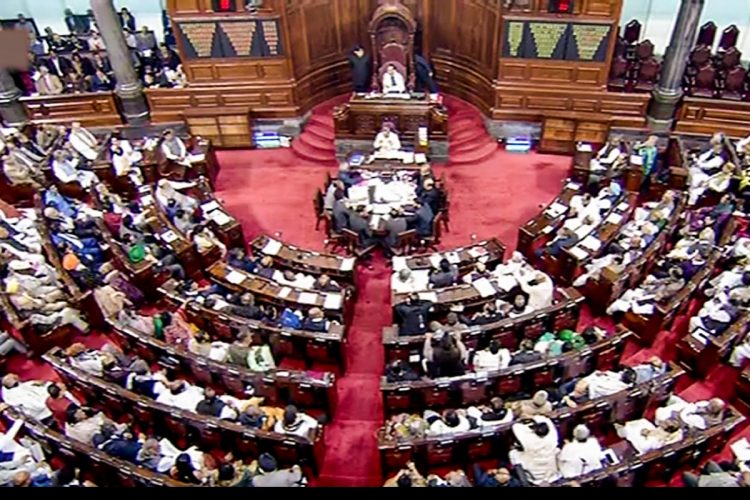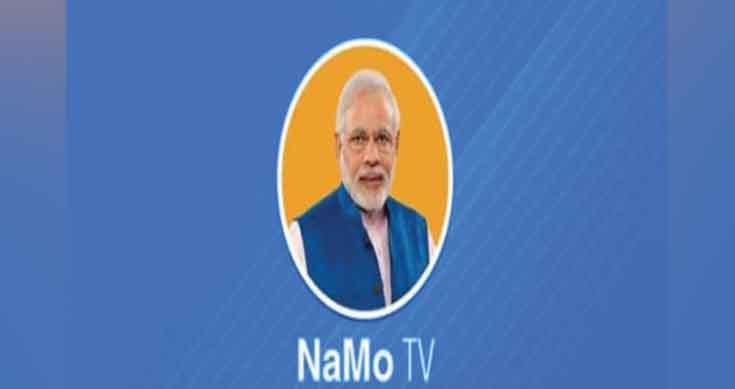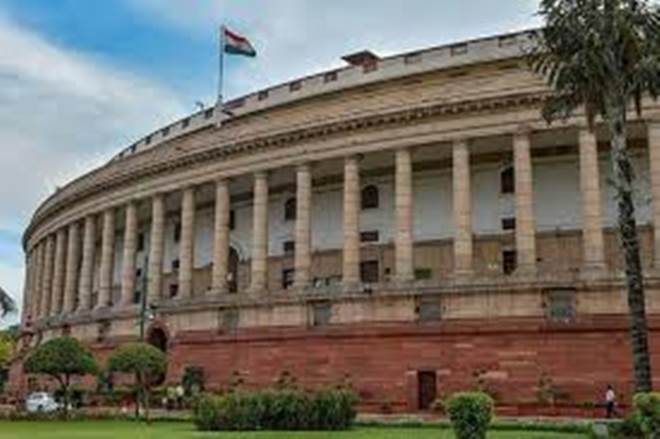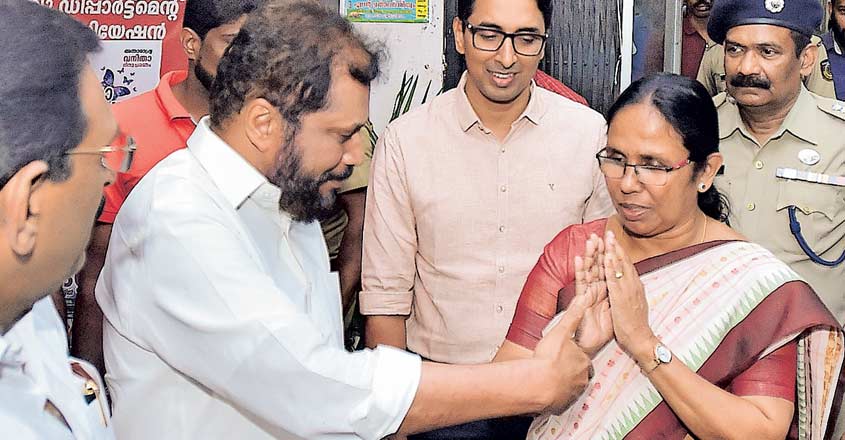Eleven Rajya Sabha members will retire next month, necessitating this year’s last round of biennial polls.
Out of these 11 seats, the ruling BJP currently holds just three from Uttar Prdesh.
The rest are occupied by the Samajwadi Party, Congress and the Bahujan Samaj Party (BSP).
In the oncoming election of Rajya sabha BJP’s net gain would be six seats five from UP and one from Uttarakhand and its tally would increase to 92 from the present 86.
The BJP is set to win eight out of the 10 Uttar Pradesh seats and also bag the only Uttarakhand seat that go to poll on November 9.
The upcoming biennial elections in Uttar Pradesh and Uttarakhand are set to help the Bharatiya Janata Party (BJP) take its Rajya Sabha tally to 92 members and offset losses due to the exit of two key allies the Shiv Sena and the Akali Dal.
Sena quit the NDA after the Maharashtra assembly polls last year and joined the NCP and the Congress to form the state government.
The Akalis, another trusted ally of the BJP, left the NDA last month over farm bills.
In turn Congress led Opposition’s tally is likely to go down below 100 for the first time in the recent past, creating more space for the Narendra Modi government to push legislations in the Upper House.
Even as the NDA would not be able to breach the majority mark in this round of election, it will improve its tally to 118 from 112 in the 245-member House.
The Opposition tally, on the other hand, will go down from 101 to 95. The majority mark is 123.
While Lok Sabha members are elected directly by voters, Rajya Sabha members come through a complex process of proportional representation and by votes of MLAs of their respective state.
The calculation is: (total number of MLAs of the state ÷ number of seats going to poll in the state +1) +1.
Simply put, more MLAs of a party in an assembly means more seats for the party in the Rajya Sabha.
Each MLA will give ranking of candidates according to his or her preference.
If a candidate gets the minimum requisite votes, he or she would be elected.
But if a candidate fails to get the requisite votes from the first preference of voters in a contest, the second preference votes would be counted.
During its initial days in 2014 in power, the Modi government faced the Opposition heat in the Upper House, where bills would be regularly stalled.
On one occasion, amendments to the President’s speech was approved in the Opposition-dominated Rajya Sabha in an embarrassment for the government.









